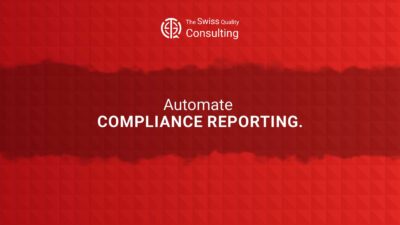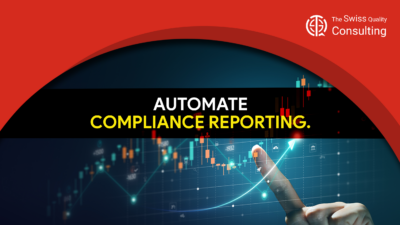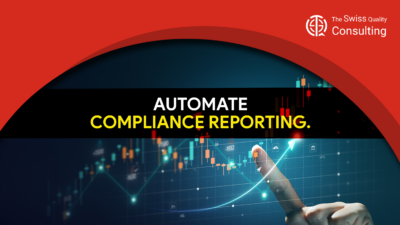Transforming Compliance and Reporting Through Machine Learning
Enhancing Accuracy and Efficiency with Machine Learning in Compliance Automation
Machine learning in automating compliance plays a pivotal role in revolutionizing how businesses approach regulatory reporting and compliance management. In highly regulated environments like those in Saudi Arabia and the UAE, where adhering to complex regulations is critical, machine learning provides a sophisticated solution for automating these processes. By leveraging advanced algorithms and data analysis techniques, machine learning systems can significantly enhance the accuracy and efficiency of compliance reporting, ensuring that businesses remain compliant with evolving regulations.
Automated compliance solutions powered by machine learning can handle vast amounts of data and identify patterns that might elude traditional methods. For example, in Riyadh and Dubai, businesses can implement machine learning systems to monitor transactions, detect anomalies, and generate real-time reports, thereby reducing the risk of non-compliance and potential fines. These systems continuously learn from new data, adapting to changes in regulations and improving their accuracy over time. This dynamic capability ensures that businesses can stay ahead of regulatory requirements and respond swiftly to any changes in the compliance landscape.
Furthermore, machine learning in compliance automation streamlines reporting processes by automating routine tasks and reducing manual intervention. This not only accelerates the reporting cycle but also minimizes human error, which is crucial for maintaining the integrity of compliance documentation. By integrating machine learning solutions into their compliance frameworks, businesses in Saudi Arabia and the UAE can achieve higher levels of operational efficiency and reliability in their regulatory reporting practices.
Implementing Machine Learning for Effective Compliance Management
To effectively leverage machine learning in compliance automation, businesses must adopt strategic approaches for implementation and integration. One key strategy is to assess and select appropriate machine learning models that align with specific compliance requirements and regulatory standards. In Dubai and Riyadh, companies should work with management consultants and technology experts to identify models that address their unique compliance needs and integrate seamlessly with existing systems.
Another critical aspect of successful integration involves ensuring data quality and consistency. Machine learning systems rely on accurate and comprehensive data to function effectively. Businesses must establish robust data management practices to support their compliance automation efforts, including data validation, cleaning, and updating. By maintaining high data standards, organizations can enhance the performance of machine learning models and achieve more reliable compliance outcomes.
Training and support are also essential for maximizing the benefits of machine learning in compliance automation. Employees need to be equipped with the knowledge and skills to interact with machine learning systems and interpret their outputs effectively. Providing thorough training and ongoing support helps ensure that staff can utilize machine learning solutions efficiently and make informed decisions based on the insights generated. This investment in human capital is vital for realizing the full potential of machine learning in regulatory reporting and compliance management.
Addressing Challenges and Ensuring Success
While machine learning in compliance automation offers numerous advantages, businesses must navigate several challenges to achieve successful implementation. One common challenge is the integration of machine learning systems with existing compliance infrastructure. Ensuring compatibility and minimizing disruptions during the transition requires careful planning and coordination. Businesses should work closely with technology partners to develop a seamless integration strategy and address any technical issues that may arise.
Data privacy and security concerns also play a significant role in compliance automation. Machine learning systems handle sensitive data, and businesses must ensure that their solutions adhere to strict data protection regulations. Implementing robust security measures and conducting regular audits can help mitigate risks and ensure that machine learning systems operate within the bounds of regulatory requirements.
Lastly, organizations must address potential biases in machine learning models. Ensuring fairness and transparency in compliance automation requires ongoing monitoring and adjustment of algorithms. Businesses should establish procedures for evaluating model performance and addressing any biases that may affect compliance outcomes. By adopting a responsible approach to machine learning, organizations in Saudi Arabia and the UAE can build trust and ensure the integrity of their compliance processes.
#MachineLearningInComplianceAutomation #RegulatoryReporting #BusinessCompliance #AIinCompliance #Blockchain #EffectiveCommunication #ManagementConsulting #SaudiArabia #UAE #Riyadh #Dubai #TheMetaverse #GenerativeAI #Leadership #ProjectManagement































